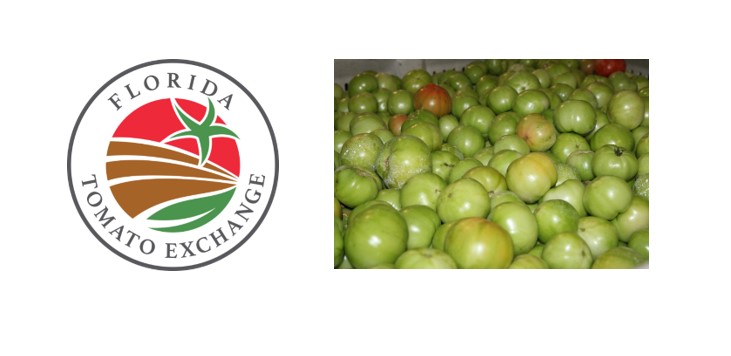Apr 19, 2024Florida tomato growers respond to Mexican dumping
The Mexican tomato industry won’t be able to litigate its way out of dumping charges, according to a news release from the Florida Tomato Exchange (FTE).
In mid-April, in response to a lawsuit by a large Mexican tomato exporter, the U.S. Court of International Trade remanded a 2019 decision to the Department of Commerce (DOC).
The DOC had determined Mexican tomatoes were being dumped in the U.S. market.


“This is nothing more than a litigation tactic to delay the consequences of Mexican unfair trade practices that have been devastating the U.S. tomato industry for decades,” Michael Schadler, FTE’s executive vice president, said in the release. “Whatever data the Commerce Department uses, the record is clear: Mexican tomatoes have been consistently dumped in the U.S. market over the last 30 years. The record is also clear that none of the Suspension Agreements have worked.”
In 2019, the Department of Commerce resumed its long suspended antidumping investigation of Mexican tomato imports. The original investigation was suspended in 1996 by a series of “suspension agreements,” which allowed the Mexican industry to avoid antidumping duties in exchange for certain rules meant to protect U.S. growers from Mexican dumping. The Commerce Department reopened the investigation at the request of a coalition of U.S. tomato growers, led by the FTE, according to the release.
The original 1996 investigation preliminarily found dumping margins as high as 188%, and an average rate of 18%, but the investigation was suspended before a final determination was made. The 2019 investigation, which used updated import data, found that Mexican producers were dumping tomatoes in the U.S. by margins of up to 30%, and an average rate of 21%, according to the release.
“This proved that dumping continued, even with suspension agreements in place – agreements that were supposed to prevent such dumping,” according to the release.
The completion of the 2019 investigation, and a subsequent ruling from the International Trade Commission that affirmed threat of injury to U.S. tomato growers, paved the way for antidumping duties to be imposed if the current suspension agreement were to end, according to the release.


“Indeed, that’s what an overwhelming number of American tomato growers asked the Commerce Department to do in June 2023,” according to the release. “That request to terminate the suspension agreement was supported by over 60 members of Congress from 11 different states, as well as the American Farm Bureau Federation. A decision on that request has not yet been made.”
With the chances of antidumping duties significantly increased, one of Mexico’s largest tomato growers and exporters, Bioparques de Occidente, S.A. de CV, sued the Commerce Department, arguing that the resumed 2019 investigation should have used original data from 1996 rather than using the most recent trade data, according to the release.
The court ordered the Commerce Department to redo its 2019 dumping investigation by using data from the original 1996 case. Commerce has until August to make the revisions, but that deadline could be extended, according to the release.
“We are confident that the results will be similar no matter what timeframe is used,” Schadler said in the release. “Unfortunately, the one thing that has been consistent since 1996 is Mexican dumping. The court’s decision means that American tomato farmers may have to wait even longer for U.S. trade laws to stop injurious Mexican dumping.”















